July 14: The Collision That Changed Careers
On July 14, 1970, the All-Star Game at Cincinnati's brand-new Riverfront Stadium ended with one of the most famous and controversial plays in baseball history.
In the bottom of the 12th inning, with the score tied 4-4, Pete Rose of the hometown Reds was on second base. On a single to center, Rose tore around third base and, instead of sliding, crashed his body into American League catcher Ray Fosse of the Cleveland Indians to score the winning run.
The National League celebrated a dramatic victory, but the play had devastating consequences.
While Rose was lauded for his signature "Charlie Hustle" style, Fosse suffered a fractured and separated shoulder from the violent collision. Though he was a rising star who had hit 16 home runs before the break, Fosse's career was never the same after the injury.
The play is still debated today: was it a brilliant, hard-nosed baseball play, or an unnecessarily aggressive move in an exhibition game that altered a promising player's future?
Learn More: SABR: The Rose-Fosse Collision
Box Score: Baseball-Reference: 1970 All-Star Game
July 15: Ripken's Other Streak Comes to an End
While Cal Ripken Jr. is famously known for his record 2,632 consecutive games played, he held another, arguably more incredible, streak within that one.
On July 15, 1996, Ripken voluntarily ended his record for consecutive innings played at a staggering 8,243. The streak had started on June 5, 1982, meaning Ripken hadn't missed a single inning of Orioles baseball for over 14 years.
In a game against the Toronto Blue Jays, manager Davey Johnson, at Ripken's own suggestion, sent in a pinch-runner for Cal in the eighth inning. The Baltimore crowd at Camden Yards, aware of the moment's significance, gave him a standing ovation.
While his games-played streak would continue for another two years, this was the end of an era of absolute, uninterrupted presence on the field from Ripken.
Learn More: National Baseball Hall of Fame: Cal Ripken Jr.
Ripken's Stats: Baseball-Reference: Cal Ripken Jr.
July 16: Musial Becomes National League's 'Iron Man'
On July 16, 1957, Stan "The Man" Musial cemented his place as the National League's ultimate iron man. When he took the field for the St. Louis Cardinals against the Chicago Cubs, he set a new NL record by playing in his 823rd consecutive game.
The mark surpassed the previous record of 822 held by Gus Suhr, who played in 822 straight games for the Pittsburgh Pirates from 1931 to 1937.
Musial's streak was a testament to the incredible consistency and longevity of one of baseball's greatest hitters. While Lou Gehrig's major league record of 2,130 games seemed untouchable at the time, Musial's achievement was the benchmark for durability in the Senior Circuit.
His streak would eventually end on August 22 of that year at 895 games, a mark that remained the National League record for more than a decade.
Learn More: National Baseball Hall of Fame: Stan Musial
SABR Article on the Streak: SABR: August 22, 1957: Stan Musial’s consecutive-games streak ends at 895
July 17: The Unbreakable Streak is Broken
On July 17, 1941, the most legendary streak in sports came to an end. Before a crowd of 67,468 at Cleveland's Municipal Stadium, New York Yankees center fielder Joe DiMaggio went 0-for-3, snapping his historic hitting streak at 56 consecutive games.
For two months, DiMaggio had captivated the nation, getting at least one hit in every single game from May 15 to July 16.
The streak didn't die easily. In the first inning, DiMaggio smashed a ball down the third-base line, but Cleveland's Ken Keltner made a sensational backhanded stop and throw to get him out.
Keltner would rob DiMaggio again with another great play in the seventh inning. In his final at-bat, with the bases loaded, DiMaggio grounded into a double play. The streak was over, but it remains the MLB record to this day, a mark many consider to be unbreakable.
Learn More: National Baseball Hall of Fame: The 56-Game Streak
Game Details: SABR: The Game the Streak Ended
July 18: A Perfect Game on Yogi Berra Day
July 18, 1999, was a magical day at Yankee Stadium. The club was honoring Hall of Fame catcher Yogi Berra, who was returning to the ballpark for the first time in 14 years.
As part of the festivities, Don Larsen, who threw a perfect game in the 1956 World Series (caught by Berra), threw out the ceremonial first pitch to Yogi. What followed was pure baseball poetry.
Yankees pitcher David Cone, a gutsy veteran who had overcome a career-threatening brain aneurysm just years earlier, took the mound against the Montreal Expos and was untouchable.
After a 33-minute rain delay, Cone completed his masterpiece, retiring all 27 batters he faced for the 16th perfect game in MLB history. The final out, a pop-up, was caught by third baseman Scott Brosius, and Cone was mobbed by his teammates, having authored a perfect story on a day filled with Yankee legends.
Learn More: MLB.com: David Cone's Perfect Game
Box Score: Baseball-Reference: Cone's Perfect Game
July 19: The Babe Redefines Power
On July 19, 1920, New York Yankees slugger Babe Ruth continued his assault on the record books. In a doubleheader against the Chicago White Sox, Ruth hit two home runs.
The first of those blasts was his 30th of the season, and it was only mid-July. The home run was historically significant because it broke his own Major League record of 29 home runs, which he had set just one year prior with the Boston Red Sox.
He would go on to finish the 1920 season with 54 home runs, more than every other team in the American League except one.
Learn More: SABR: Babe Ruth
Ruth's 1920 Game Log: Baseball-Reference: Babe Ruth 1920
July 20: Hammerin' Hank Hits His Last
On July 20, 1976, one of baseball's greatest careers reached its final, iconic milestone. Playing for the Milwaukee Brewers in a game against the California Angels, 42-year-old Hank Aaron hit the 755th and final home run of his illustrious career.
The solo shot came in the 7th inning off pitcher Dick Drago at Milwaukee County Stadium, the very city where his major league journey began.
Two years earlier, Aaron had famously broken Babe Ruth's "unbreakable" record of 714 home runs. This final blast served as the capstone on a career defined by incredible consistency, dignity, and power.
The number 755 stood as the all-time home run record for more than 30 years and remains one of the most revered numbers in baseball history.
Learn More: National Baseball Hall of Fame: Hank Aaron
Aaron's Career Stats: Baseball-Reference: Hank Aaron


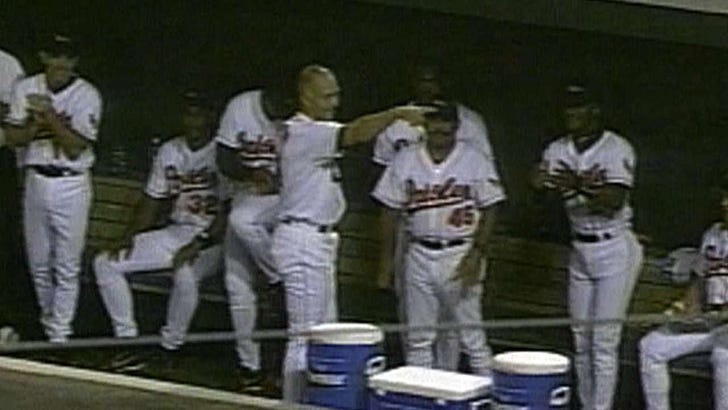





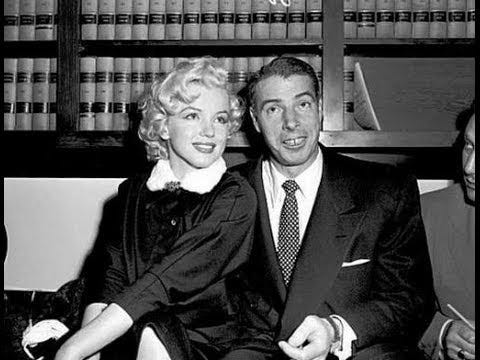
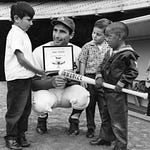

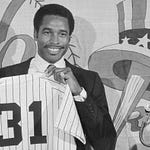
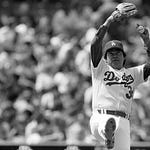
Share this post